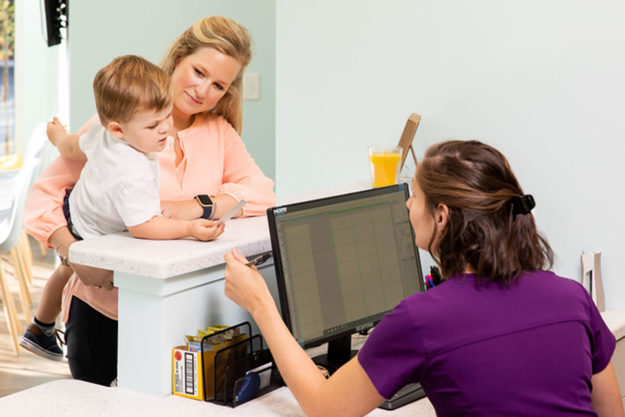Options for Anxious Children
Sedation Dentistry in Summerville, SC
Our goal is to complete your child’s dental care in a safe and comfortable environment. We don’t want your child to have a bad experience or become fearful of the dentist; however, we do need your child to sit still and to be able to follow specific instructions so that we can provide him or her with quality dental care. If your child is unable to follow these instructions, dental treatment is compromised and can even become dangerous. Therefore, we need your guidance in selecting the best treatment option, as described below.
Nitrous Oxide Sedation
Nitrous oxide is a very safe sedative inhaled through the nose in combination with oxygen. Commonly called “laughing gas,” a child usually feels relaxed and less anxious while breathing nitrous oxide. After the procedure is completed, the nitrous oxide is completely removed before they leave the dental chair. This approach is very helpful with children who may feel slightly anxious during treatment.
Oral Sedation
Oral Sedation is best used for moderate to long treatment procedures in anxious or difficult children. Your child will sip medication from a cup or a “squirter” (similar to children’s Tylenol or Advil). The onset of the medication is usually 30-40 minutes. During this time, you and your child will watch a movie in our special “movie room” where your child can safely rest on a couch. As the medicine begins to work, your child will appear drowsy and will be carried into the treatment room. The medication will provide a 45 minute “window of opportunity” to allow for treatment to be completed. Once the procedures are completed, your child will be aroused and recovered before dismissal. A child that has been sedated is requested to return home for the remainder of the day with appropriate supervision. As children are more cooperative in the mornings, you will find that we request oral sedation procedures to be scheduled in the morning.
General Anesthesia
Under general anesthesia, your child will be asleep and unaware of any treatment being performed. This is the same technique used to put tubes in ears or have tonsils taken out. The negative of this treatment is the cost. This procedure requires a medical anesthesiologist, meaning there will be charges for the hospital, for the anesthesiologist, and for the cost of the dental treatment itself. General anesthesia is a wonderful option for a very fearful child, a child with complex dental needs, or a child with complex medical needs.







